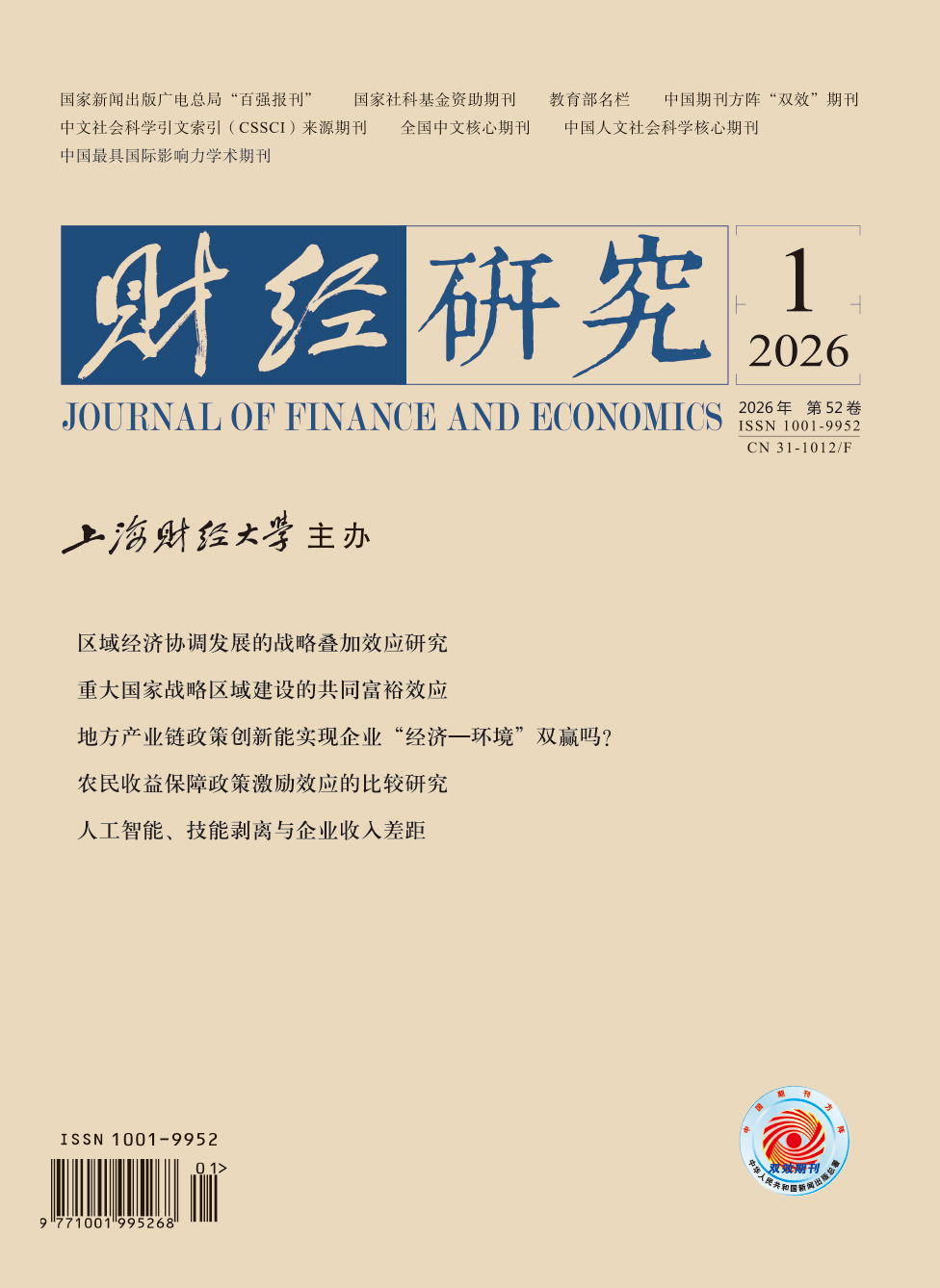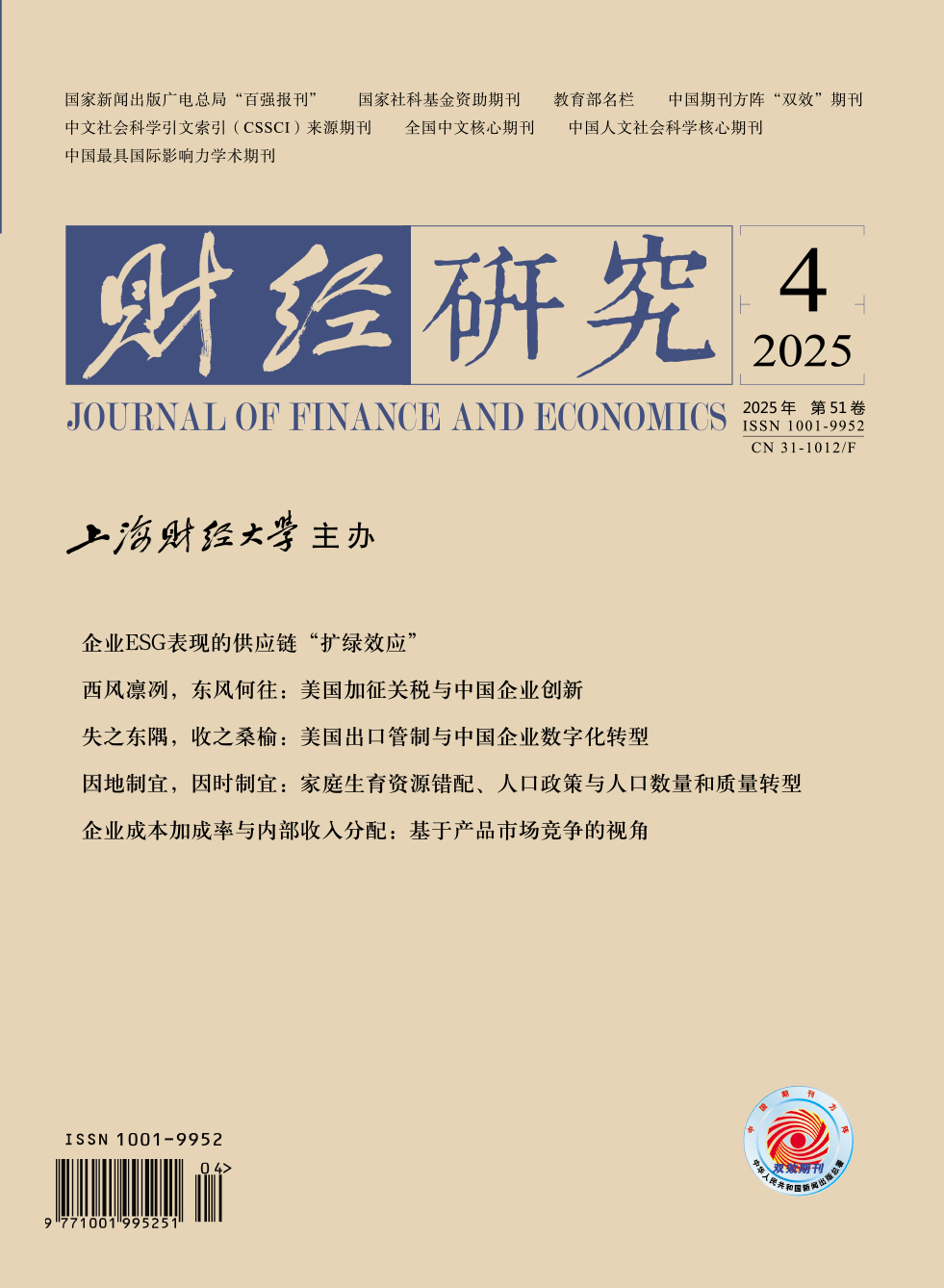As the gap in national strength and technology between China and the United States narrows, under the framework of “pursuing U.S. leadership, focusing on key targets, and reshaping the network of allies”, U.S. export sanctions against China are characterized by a complex system and numerous means. Whether Chinese enterprises can accelerate digital transformation and actively respond to international trade sanctions to form endogenous development in the digital age has become a hot topic in the fields of national governance, academic research, and social practice.
This paper uses the manually collected special data of the entity list of U.S. export sanctions and adopts the DID model to study the impact and mechanism of U.S. export sanctions against China on the digital transformation of Chinese enterprises. The main findings are as follows: (1) Impacted by U.S. export sanctions against China, the corresponding enterprises can accelerate their digital transformation to actively respond to the sanctions, and the economic significance calculation shows that their digitalization level has increased by about 16.07%. (2) The mechanism of this effect is that U.S. export sanctions against China can enhance the expected benefits of the digital transformation of Chinese enterprises, stimulate local governments to increase subsidies for the digital industry, and strengthen the social reputation of sanctioned enterprises, thus enhancing their inherent willingness and practical capabilities for digital transformation. (3) Heterogeneity analysis based on the institutional environment shows that this effect is more obvious in enterprises with a better talent-training foundation, a higher marketization level, and stronger digital economy policies. (4) Heterogeneity analysis based on industry characteristics shows that this effect is more prominent in enterprises with a lower competition level and those in manufacturing and mature industries. (5) Chinese enterprises can achieve the expected results in responding to sanctions by accelerating digital transformation and significantly improve their resilience and competitive position in overseas markets.
The academic value of this paper is mainly reflected in three aspects: First, based on the manually collected special data of the entity list of U.S. export sanctions, it expands the academic research on the response measures and effectiveness of Chinese enterprises under U.S. export sanctions. Second, it innovatively proposes a theoretical framework that U.S. export sanctions against China can increase the expected benefits of the digital transformation of Chinese enterprises, stimulate local governments to increase digital industry subsidies, and strengthen the social reputation of sanctioned enterprises, thereby enhancing the inherent willingness and practical capability of enterprises to transform digitally, and making an incremental contribution to the academic research on the factors affecting the digital transformation of micro-enterprises. Third, it provides important policy references and practical guidance for the Party and the state to coordinate “great-power diplomacy” and accelerate the development of the digital economy.





 4097
4097  7030
7030

